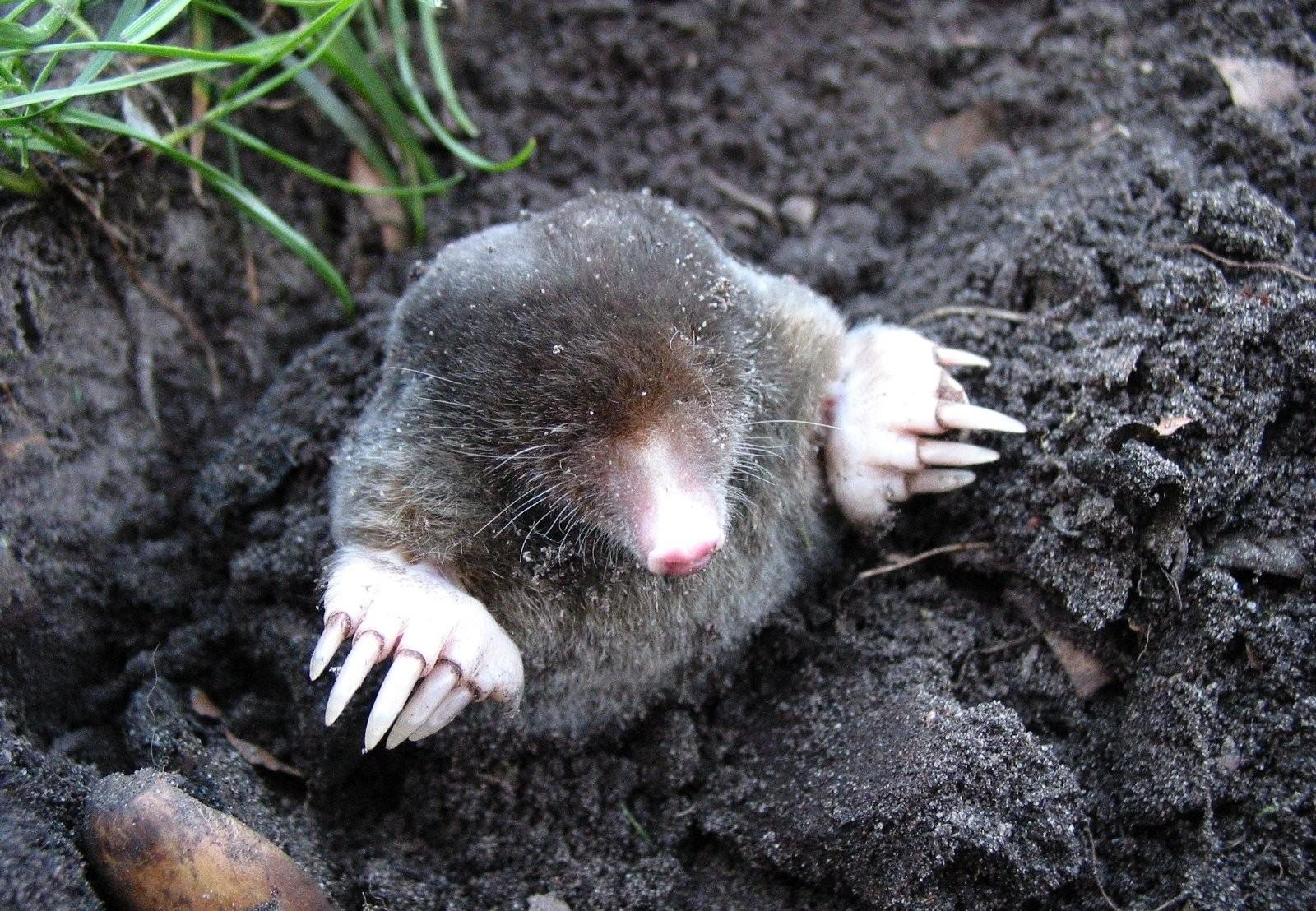
the mole: an underground guest
Guide for animal lovers: So humans and moles can live together peacefully
Small but powerful: The European mole, which is under conservation, is a maximum of 17 centimeters long and usually weighs no more than 120 grams. With its shovel-shaped front paws, however, it can move up to six kilos of earth per hour. In search of snails, worms and insects, he extends his tunnel system by up to 30 centimeters per minute. He shovels excess earth to the surface - and this is what creates a molehill. But a lawn full of hills is not for everyone, and the feud between mole and hobby gardener is therefore proverbial.
Moles are useful
Moles like to eat snails and insects, which can otherwise damage the garden plants. So they are very useful animals! The soil loosened up by moles is also ideal for filling flower pots. Try to see the mole as a partner - not a pest.
If you don't mind the mole itself, but only its hills, you can carefully spread them on the lawn a few hours after the hill appears. This way, the grass underneath is not damaged and the mole can continue to work unhindered.

The animals are shaken away
If you want to remove moles completely, you can do it gently. There is no need to cause any suffering or harm to an animal. It is also not necessary to purchase expensive equipment from the hardware store: moles are shy animals, which are mainly based on their excellent hearing, smell and touch.
An effective way to drive moles out of quiet gardens is this: Invite the neighboring children or friends with large dogs for a few sunny afternoons and let them romp in the garden! The ground shocks caused by this disturb the mole and after some time it will look for a new area.
If you want to avoid your garden becoming a playground for a short time, it is a good idea to carefully dig up the molehills and pour a little (cooled) garlic broth into the aisles. However, be careful not to accidentally drown the mole!
